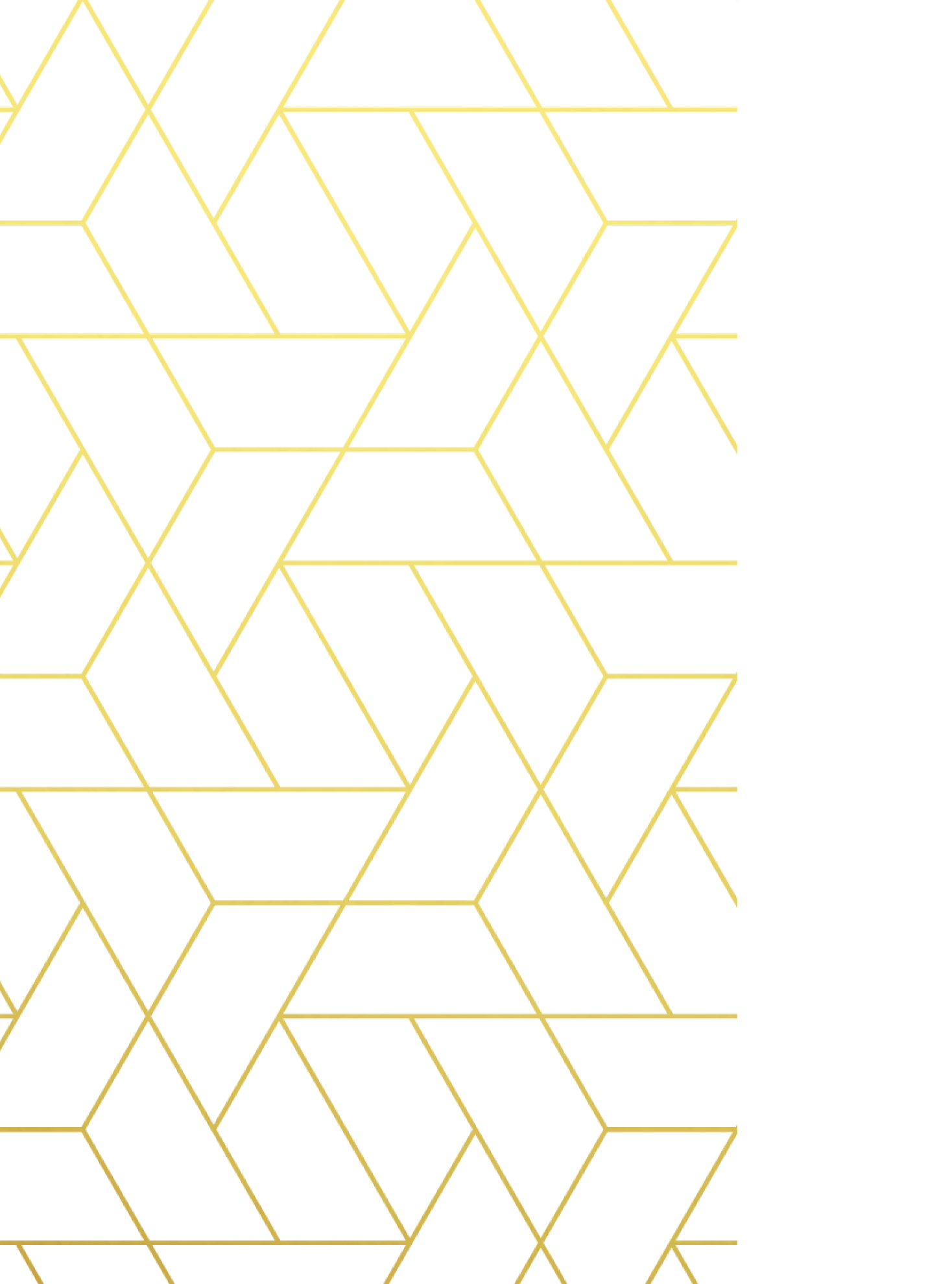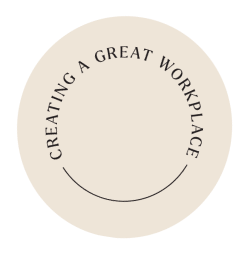No matter where you sit in the world or what type of company you work for, defining and nurturing your organization’s culture is a critical part of growing your business and improving your employee experience. Organizational cultures are just as unique as the people that make them up, and finding ways to bridge communications gaps, align individuals and teams, and bring everyone back to the DNA of the company is key. Axialent is a global leader in culture transformation and helps multinational organizations drive sustainable business results by creating effective behavioral change in people through departments, across languages and around the world.
Axialent is the exclusive partner of The Fellowship, and I had the privilege of sitting down with Teryluz Andreu, Partner and Co-Owner of Axialent, to learn about how they transform cultures across the globe and right in our backyard. I truly hope you benefit from the conversation and learn from Teryluz’s insights just as much as I did!
———————————
Q: Tell me a little bit about what you do at Axialent, and a unique way that Axialent prioritizes Culture?
A: I am a partner and co-owner of Axialent. The reason why I decided not only to work here, but to also become an owner here, is because I believe in what we do. I am very grateful for this career because I had the great opportunity of helping hundreds of organizations. At Axialent, we work at three levels: we help individuals; teams; and organizations. At the individual level we do a lot of coaching, and with teams and organizations we help them connect to their true nature and learn to express it skillfully, which is super powerful.
We start by asking how they can be the best version of themselves, as a person, and as a team, and how they can become that version. We challenge them to evaluate whatever that is and how they can express that skillfully. It’s the same with organizations, and that’s where we do a lot of our work around cultural transformation. We ask how they can be the best organization and be in service of their purpose. We help them understand that process and change the norms and mindset that might be standing in the way of their success. The most unique thing about our work at Axialent is that we help individuals, teams, and organizations understand the mindsets they are operating from, and challenge them to evaluate if it matches where they want to be, and how to bridge that gap consciously and skillfully.
Q: What type of companies do you work with?
A: We work with all types of companies because whenever you have two or more people, you have dynamics going on. We work with organizations all over the world, from The Philippines and Argentina, to Brazil, Mexico and Europe, to the US and Canada. We service companies in tech, manufacturing, pharma, financial services, nonprofits, education and more, because all organizations need this kind of help.
We work with organizations of all different sizes that are in all different steps of their cultural journey. For example, we work with startups and well known tech companies that are in the early stages of their organizational life. We help them consciously define who and what they want to be and set those foundations from day one.
We also work with organizations that are going through the transition from “start up” to “scale up.” When you move into the “scale up” phase, it requires a different kind of mindset and a different way of leading and working in order to make things scalable. Growth is suddenly not dependent upon one or two people like it might be in startup mode, so that transition is hard and requires a different way of doing things.
Additionally, we work with organizations that are already more mature and are well-established globally, but are re-examining if they are going down the right path or if they need to do a reset. We help them identify what is holding them back, change where they are unaligned, and reconnect to their mission and true nature.
We often say that culture is like you are a fish within a fishbowl – it’s hard to see what’s right in front of you and you need that external perspective and guidance to help you see the things you are missing and create a new level of awareness and path forward.
Q: You work with organizations all over the world – Do you see any universal challenges that companies face globally? And if so, what are they?
A: Whether you are in China, in the US, or in Spain, organizations are made of humans (at least so far). We frequently say that culture is the bridge between strategy and execution, and a culture is born from everyday interactions and conversations. So the quality of our relationships determines the quality of our culture.
What I’ve seen in terms of universal challenges is that they almost always have to do with the normal things that get in the way of human relationships: understanding each other, finding common ground, having quality conversations, addressing hard topics, coordinating workload, etc. No matter where we work in the world, we have to tackle how people make commitments to each other, how they hold each other accountable, etc. Think of it like marriage: no matter where you come from and what cultural and religious factors come into play, marriage is still an institution that is universally understood across the world. It’s the same way with business – there might be factors that vary from culture to culture, but the human factors are the same.
Q: Have you noticed any differences of how challenges vary country to country, industry to industry? Does anything that stands out in your mind?
A: We often do culture assessments for global organizations that have operations across the world and they wonder if their challenges are normal. For example, in Mexico, companies tend to be more hierarchical, and for people in certain parts of Europe, they might be more democratic. There’s certainly an influence of national culture that spills into organizational culture. It would be naive to say that national culture doesn’t impact an organizational culture. And of course, there are some industry trends, and some are more progressive or more risk-averse than others. In tech we see risk taking and experimentation to be a part of their DNA just because of the way they do business. Versus a bank, which is highly regulated, will have a lot of controls because they are dealing with people’s money. Or pharma, where they have to go through clinical trials.
But across all of these examples innovation exists in different ways. So certainly, there are industry influences and there are national influences, but when the research has been done, the biggest variation is within the company itself – the people. While it’s important to consider what impact national and industry culture has on the organizational culture, it’s equally important to be conscious of what type of culture best serves the purpose, and what is the DNA that they want to have across the organization, no matter where you sit. That gives guidance to people in terms of what’s allowed and not allowed. If you’re a conglomerate, maybe you move from your work in different industries or sector to sector, or if you’re global, you move from country to country, but your DNA remains the same. The flavor may be different, but the DNA is the same.
Q: Could you share an example of a company or organization where Axialent’s intervention had an impact on their company culture, and you were able to see some of that growth, realized whether in the moment or over time?
A: Thankfully there are many! One company we worked with that I find super interesting is MercadoLibre, which is like the Amazon of Latin America. Basically, it’s a virtual marketplace. The people that founded this organization were visionaries. And from the beginning, they wanted to be intentional about the culture that they created. They decided to partner with Axialent because they believe in our model. And we’ve been working with them ever since, as they scale up to the organization they are today, as a key player in the digital commerce space. What I like about MercadoLibre, is that they aim to be one of the big enthusiastic champions of the whole culture process, and we’ve been working with them for 10 years. We work with the CFO, which you don’t see often, and he frequently speaks about their journey and credits their emphasis on culture for how they have been able to grow at the pace that they have, and how it has impacted their ability to innovate, to adapt, and to evolve.
Another example is a US-based company that is one of the biggest consumer goods companies in the world, a Fortune 500. They recognized that they needed to evolve in order to adapt to a changing landscape, and that they were not innovating fast enough. So we’ve been working with them across different groups and regions in order to help them drive that curiosity. They hire a lot of highly qualified smart people, but they need to install a level of curiosity in their organization in order to experiment and to minimize internal competition among their people, so they can collaborate more effectively. We’ve been working with them across the world, and working with them in different teams, helping them fine tune these areas.
Q: I’d love to hear what is the number one thing that you gained in being involved in The Fellowship last year, and what are you most excited about this year?
A: Last year was a special year. Not only because we were there partnering with The Fellowship for the first time, but also because it was one of the first events since the pandemic. So what my takeaway was seeing how exciting and challenging it has been for organizations over the last three years. The ones that didn’t want to change, were forced to change, and the ones that were open to change accelerated the change. I was amazed by the power of creativity that came from that period of time (the pandemic), and how organizations that were focused on culture used it as a catalyst for driving the change that they needed. And they did so even though they faced some significant challenges. We had some organizations that were going through layoffs, reorganizations, mergers and acquisitions, and yet they had this focus on culture, and they committed to staying true to their true nature, even though they may need to make some tough decisions. So that was a great takeaway. Seeing live examples on how the organization’s approached the same challenge, but always being focused on purpose was great to see. And then those that had been working on culture, from before the pandemic, were able to navigate those challenging moments, in a much better way than those that were not, which was an interesting observation. This year, now that we are kind of out of the crisis, I’m looking forward to seeing how many of those changes stick.
I’m also always looking for creative ideas, because I think no one has all the answers, especially when it comes to driving cultural change. I always love learning how other companies drive change at scale, innovate creative ideas, and have low-cost solutions to activate cultural change on the frontlines. I’m looking forward to hearing more about these aspects and many other topics this year.
I am so thankful for my interview with Teryluz Andreau and am so impressed by the way Axialent transforms cultures across industries and country lines. I particularly love what she had to say about how culture is created – “Culture is the bridge between strategy and execution, and a culture is born from everyday interactions and conversations. So the quality of our relationships determines the quality of our culture.”
How true that is in every organization! It captures exactly what you need to evaluate when looking to improve your company’s culture, and I love how Axialent acknowledges that the individual health and alignment is just as important for the larger ecosystem as the departments and teams – the whole is only as strong as the sum of its parts. I am delighted to see how Axialents supports businesses in this work and am thrilled that they will be able to share more at The Fellowship this year. I truly hope you find our conversation as fascinating as I did, and I hope you’ll join us in Santa Fe this fall to learn more!
Sincerely,
Ginger Hardage
P.s. If you haven’t yet heard of The Fellowship, it’s an event I founded back in 2018 to support culture builders in their effort to build and sustain cultures of enduring greatness. If you found this article interesting and want to grow in purpose as a leader of your organization, I invite you to learn more here and claim your spot today!





